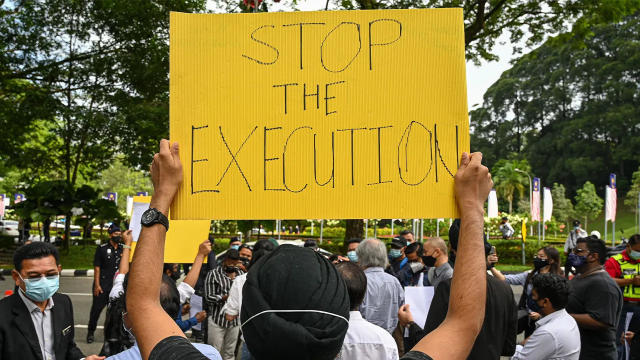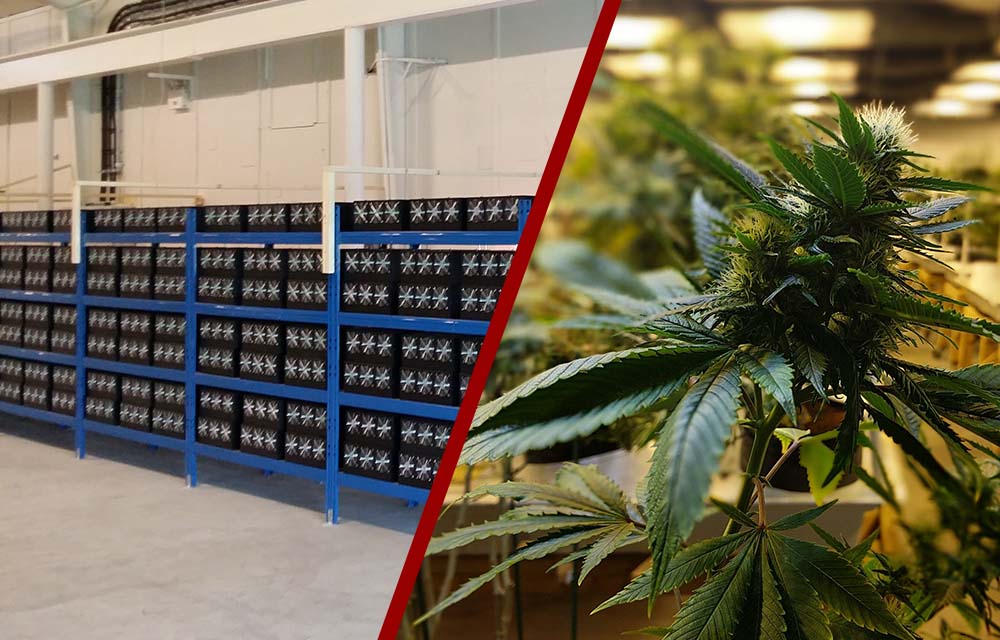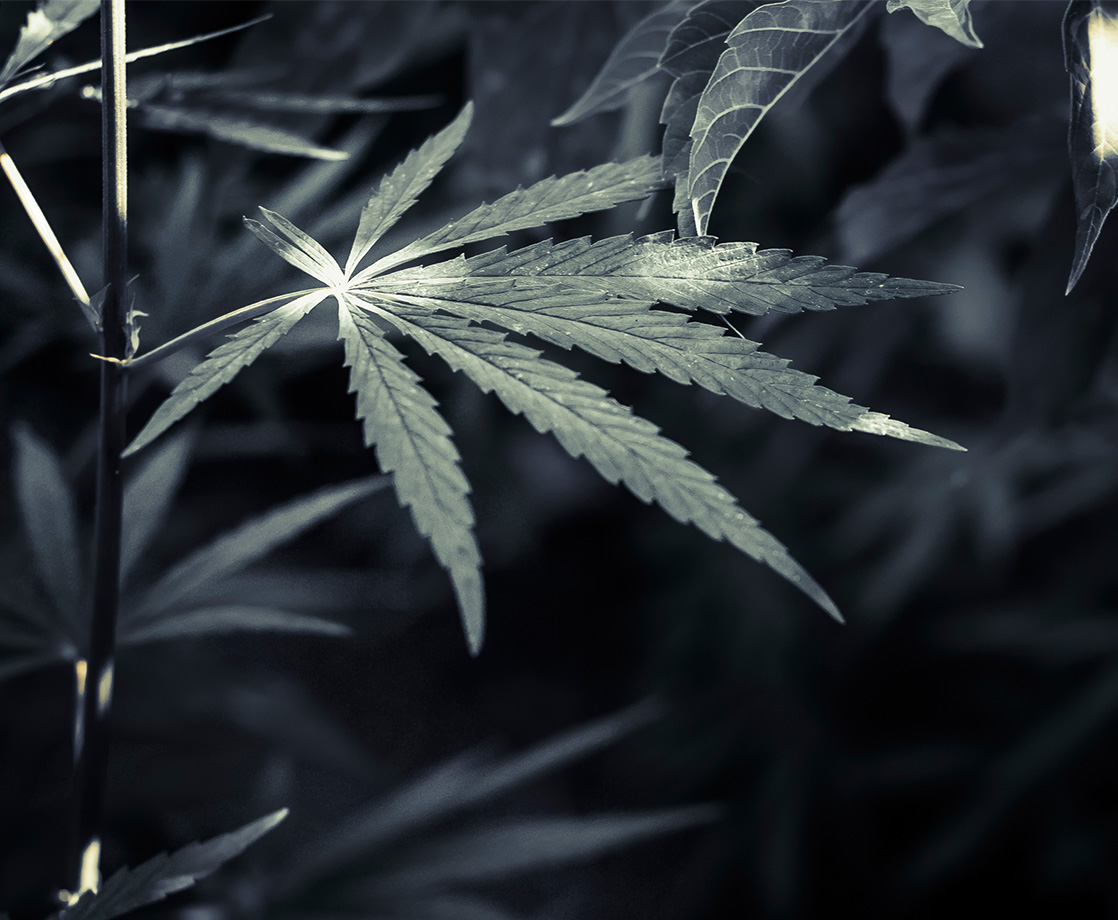Image via
Singapore plans to execute dozens of people for small-scale drug trafficking offenses before the year is out, despite ongoing international outrage against this medieval practice.
Like many neighboring Southeast Asian countries, Singapore imposes the death penalty on people who are convicted of trafficking even relatively small quantities of drugs. The wealthy city-state temporarily halted executions during the pandemic, but picked up with full force last year. The country has hanged 16 people since last March, and activists suggest that they are now working overtime to clear a “backlog” of death row inmates. There are currently 50 people on death row in Singapore – and 47 of them were sentenced to die for drug crimes.
“It doesn’t look like the Singapore government has any intention of halting executions,” Kirsten Han, journalist and member of the Transformative Justice Collective, a criminal justice reform group, told VICE News. “The sense that we’ve got from prisoners and families is that the authorities would like to clear their ‘backlog’ and make space on death row for new people who are being sentenced to death.”
Anyone who is convicted of trafficking at least 15 grams of heroin, 30 grams of cocaine, 250 grams of meth, or 500 grams of weed into Singapore can be sentenced to death by hanging. But although the law seems to be targeted at massive trafficking organizations, most of those who have received the death penalty were caught with fairly small quantities of drugs. Several people who were hanged this month – including the first woman that Singapore has executed in 20 years – were caught with only one to two ounces of heroin.
“In the 13 years I have been an anti-death penalty activist I have never come across a case where the guy was a kingpin,” Han told VICE News. “These aren’t the big guys who are profiting very handsomely from the transnational illicit drug trade. Most of the death row prisoners whose cases I’ve encountered are on the lower rungs of drug syndicates. Most are ethnic minorities from working-class backgrounds. Some are, or were, themselves long-time drug users, and did not receive adequate support to recover.”
And criminal justice advocates believe that some people who have recently been executed weren’t even guilty. In April, authorities hanged 46-year-old Tangaraju Suppiah for allegedly bringing 2.6 pounds of weed into the country. Advocacy groups argued that Tangaraju did not receive a fair trial, though, as the evidence against him was based on hearsay and a police interrogation that was conducted without a lawyer or an interpreter present.
Leading human rights groups like Amnesty International and even billionaires like Richard Branson urged Singapore to reconsider Tangaraju’s case and to end its barbaric executions in general. But the country has thoroughly ignored all outside pressure to revise its brutal laws. Government officials did agree to make one strange concession to the families of the people they are killing, though. Prisoners are now being given the option of posing for a photo shoot in their favorite outfit before being sent to the gallows.
The Singapore Prison Service (SPS) recently told CNN that it gives death row inmates “the option to have photographs taken in clothes which are sent in by their families. This is done to allow family members to have recent photographs of their loved one. The decision as to whether to take the photographs is purely the prisoner’s.”
Singapore has long argued that its draconian drug laws are a necessary and effective deterrent to drug trafficking. Human rights groups have seen no indication that this policy has been effective, however, and the city-state’s cops continue to catch drug traffickers and sentence them to death. Meanwhile, neighboring Malaysia has legalized medical marijuana and abolished its mandatory death penalty, and Thailand has gone so far as to completely decriminalize cannabis.











